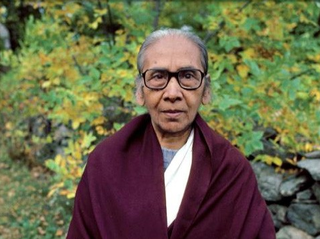A Quote by Aldous Huxley
Amour is the one human activity of any importance in which laughter and pleasure preponderate, if ever so slightly, over misery and pain.
Quote Topics
Related Quotes
The activity of the immature human being is simply played upon to secure habits which are useful. He is trained like an animal rather than educated like a human being. His instincts remain attached to their original objects of pain or pleasure. But to get happiness or to avoid the pain of failure he has to act in a way agreeable to others.
... don't ever underestimate people, don't ever underestimate the pleasure they receive from viewing pain that is not their own... Pain by itself is just Pain. But Pain + Distance can = entertainment, voyeurism, human interest, cinéma vérité, a good belly chuckle, a sympathetic smile, a raised eyebrow, disguised contempt.
Cycling is so hard, the suffering is so intense, that it’s absolutely cleansing. The pain is so deep and strong that a curtain descends over your brain….Once; someone asked me what pleasure I took in riding for so long. ‘PLEASURE???? I said.’ ‘I don’t understand the question.’ I didn’t do it for the pleasure; I did it for the pain.
At the heart of our desires is eternal happiness without the slightest hint of misery. You could say that we are pleasure seekers; however, seeking pleasure from the objects of our five senses produces fleeting moments of pleasure whereas, pleasure of one's self, a soul, is eternal and ever-increasing pleasure.
It is important to distinguish between sense-pleasure and sense-desire. There is nothing wrong with sense-pleasure. Pleasure and pain are part of our human experience. Sense-desire, on the other hand, is the grasping at pleasure or the avoidance of pain. This is what creates suffering-grasping and avoidance.
Other animals can make sounds, and sounds can indicate pleasure and pain. But language, a distinctly human capacity, isn´t just for registering pleasure and pain. It´s about declaring what is just and what is unjust, and distinguishing right from wrong. We don´t grasp these things silently, and then put words to them; language is the medium through which we discern and deliberate about the good.






































